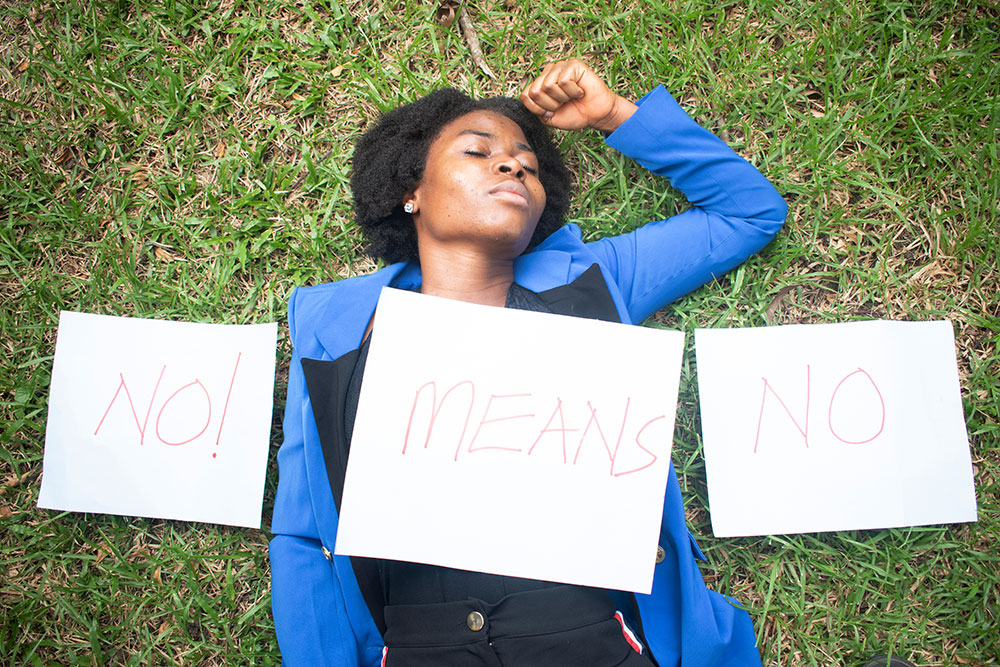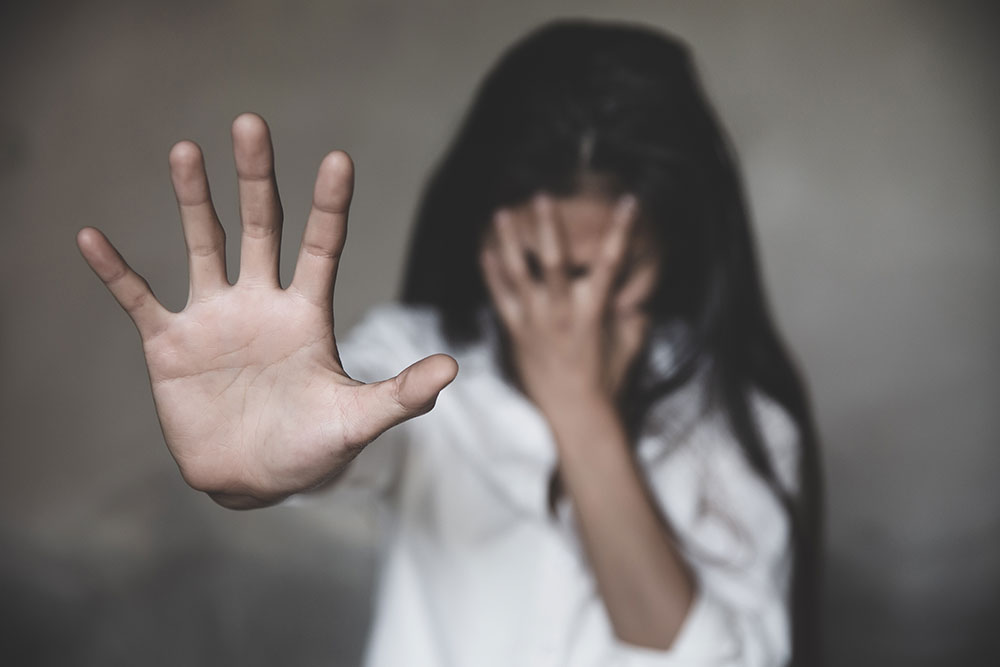Saying NO to Sexual Abuse and Finding a Sexual Abuse Lawyer
Your Rights, Your Recovery, Your Justice
Sexual Abuse - Legal Definition
Legally, sexual abuse is defined as any non-consensual sexual act prescribed by law, which includes acts such as sexual assault, rape, and child molestation. The specifics can vary depending on jurisdiction, but the core principle is the absence of consent and the presence of coercion or manipulation. Legal definitions also extend to non-contact acts like voyeurism and sexual harassment. Laws are designed to protect victims and provide frameworks for prosecuting offenders.

Sexual Coercion Defined
Sexual coercion is defined as non-consensual sexual activity that occurs due to psychological pressure, deception, or manipulation rather than direct physical force. It encompasses a range of behaviors aimed at wearing down the victim's resistance through emotional or psychological tactics.
First Degree Sexual Abuse
First-degree sexual abuse typically refers to the most severe forms of sexual abuse, involving significant physical harm, threat of harm, or abuse of power dynamics (such as in cases involving minors or incapacitated individuals). This category often includes acts of rape or sexual penetration where force or the threat of force is used. Legal ramifications for first-degree sexual abuse are severe, including long-term imprisonment and mandatory registration as a sex offender.
- Examples of sexual coercion include:
- Repeatedly asking for sex despite refusals.
- Making someone feel obligated to have sex due to prior favors or relationship status.
- Using guilt-tripping statements such as “You would do this if you loved me.”
- Threatening to spread rumors or disclose personal information if the person refuses.
- Manipulating someone under the influence of drugs or alcohol.

Signs of Sexual Abuse
The signs of sexual abuse can be varied and subtle, often overlapping with symptoms of other types of trauma. Key indicators include anxiety, depression, nightmares, self-harm, sudden changes in behavior, and inappropriate sexual knowledge or behavior for the child’s age. Physical signs might include unexplained injuries or sexually transmitted infections. Behavioral signs can also encompass withdrawal from social interactions, sudden fears, or avoidance of specific people or places.
Sexual abuse can manifest in various forms, including:
Physical Contact:
Unwanted Touching: An individual intentionally touches another person’s intimate body parts without consent.
Assault: Forced sexual acts, including rape or attempted rape, where physical force or coercion is used to engage in sexual activity against the victim’s will.
Non-Contact Acts
Voyeurism: Secretly watching someone undress or engage in sexual activity without their knowledge or consent.
Exposing: Indecent exposure, where an individual exposes their genitalia to someone without consent, often to shock or intimidate the victim.
Exploitation
Child Sexual Exploitation: Manipulating or coercing a minor into performing sexual acts in exchange for money, gifts, or other forms of compensation.
Sex Trafficking: Forcing or deceiving individuals into engaging in sexual acts for money, often involving threats, violence, or coercion to maintain control over the victim.
Get Help: What can Our Network of Sexual Abuse Lawyers Do for You?
Sexual abuse lawyers provide comprehensive support to survivors, including:
- Legal guidance: Understanding your rights and legal options.
- Representation: Advocating for you in and out of court and during negotiations.
- Compensation claims: Assisting in filing claims for damages and navigating the legal system to ensure maximum compensation.
- Emotional support resources: Connecting you with counseling and support services to aid in your recovery.
Legal remedies for sexual abuse victims include:
- Criminal prosecution: Holding the perpetrator accountable through the criminal justice system.
- Civil lawsuits: Seeking financial compensation for the damages suffered.
- Protective orders: Obtaining restraining orders to ensure safety from the abuser.
- Victim compensation funds: Accessing state or federal funds designed to assist victims with medical bills and other expenses.
Victims of sexual abuse may seek compensation through civil lawsuits in addition to criminal proceedings. Compensation can cover medical expenses, therapy costs, lost wages, and pain and suffering. Legal strategies to maximize compensation often involve gathering substantial evidence, including medical and psychological records, witness testimonies, and evaluations. Legal representation specialized in sexual abuse cases can significantly aid in navigating the complexities of such claims.
The National Sexual Assault Hotline, available at 1-800-656-4673, provides confidential support to survivors of sexual abuse. Operated by RAINN (Rape, Abuse & Incest National Network), the hotline offers crisis intervention, information, and referrals to local resources, ensuring that survivors receive the help they need to begin their healing process.
Need Help? You Are Not Alone – We're Here for You
If you or a loved one has suffered from sexual abuse, we understand the pain and trauma it causes. Our network of compassionate attorneys is here to help you understand your rights, seek justice, and begin the healing process. We offer free, confidential consultations and are committed to fighting for your well-being. Call us, text us, or fill out the form below to learn more about how we can support you on your path to recovery and justice.
Contact Us Today
Be Part of the Conversation
Your voice matters. Join our vibrant online community on social media to connect with fellow survivors, share your experiences, and stay informed about the latest news, resources, and legal developments that empower survivors.
Use the hashtag #1888ISaidNo to share your personal journey, connect with other survivors, and inspire hope. Your story has the power to ignite change and empower others to seek justice, if you choose to share.